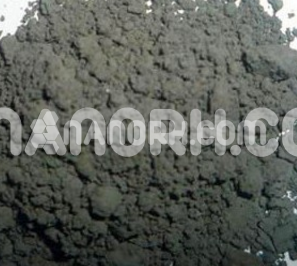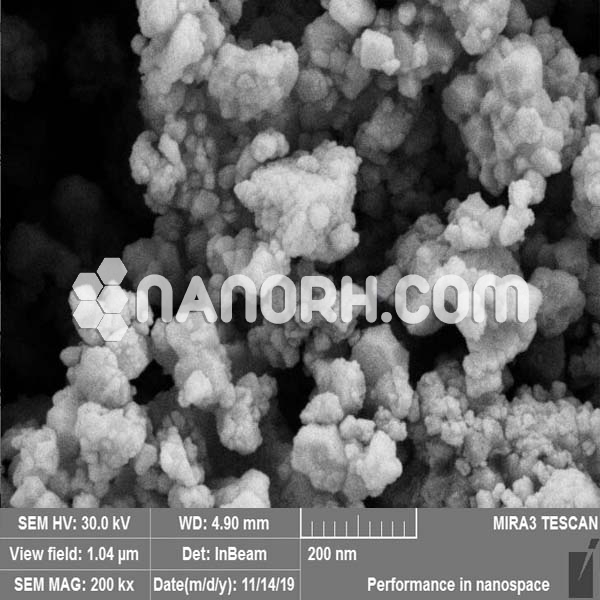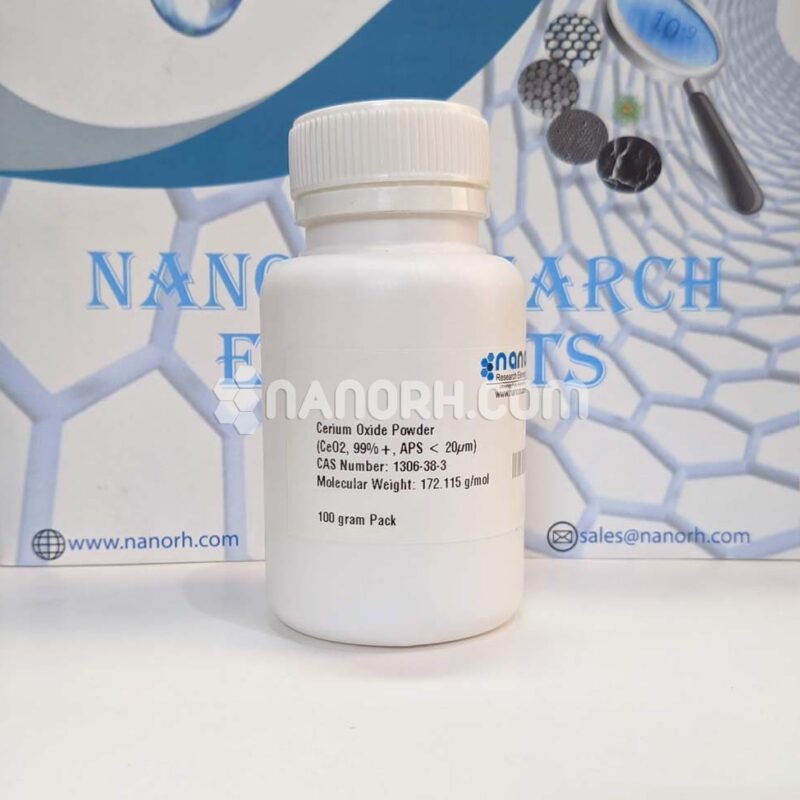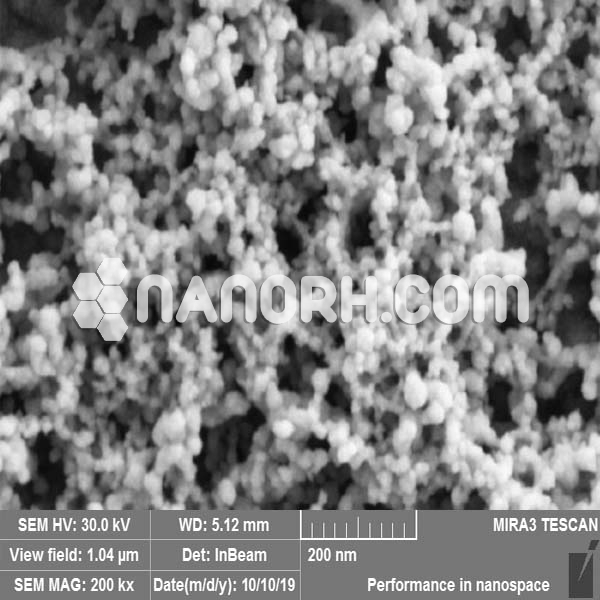Molybdenum Carbide Powder / Mo2C Powder (Mo2C, 2.5um, High Purity 99.9%, Hexagonal)
Ultrafine molybdenum carbide powder is set up through a unique procedure technique. It is a nearby stuffed hexagonal cross section, additionally confront focused cubic grid. the molybdenum carbide does not respond with anaerobic corrosive , dissolvable in nitric corrosive and water regia getting carbon
| Molybdenum Carbide Powder | |
| Product No | NRE-5161 |
| CAS No. | 12069-89-5 |
| Formula | Mo2C |
| APS | <100nm (Can be Customized) |
| Purity | 99.9% |
| Color | Dark Gray |
| Molecular Weight | 203.9 g/mol |
| Density | 8.90 g/cm3 |
| Melting Point | 2,687 °C |
| Boiling Point | NA |
Molybdenum carbide powder is set up through a unique procedure technique. It is a nearby stuffed hexagonal cross-section, additionally, confront a focused cubic grid. the molybdenum carbide does not respond with anaerobic corrosive, dissolvable in nitric corrosive and water Regia getting carbon. Thickness: 9.18g/cm3; Melting point: 2690±500oC.
Applications
Catalysis and Chemical Reactions
Hydrodesulfurization (HDS): Molybdenum carbide is used as a catalyst or catalyst support in hydrodesulfurization processes. This is particularly important in the petroleum industry, where it helps remove sulfur from fuels to meet environmental regulations.
Hydrogenation Reactions: Mo₂C is also employed in hydrogenation reactions in the chemical industry, where it helps add hydrogen to organic molecules, facilitating the production of valuable chemicals and fuels.
Ammonia Synthesis: Mo₂C can be used as a catalyst in the Haber process for ammonia synthesis, contributing to the production of fertilizers and other nitrogen-based chemicals.
Fischer-Tropsch Synthesis: The Fischer-Tropsch process, which converts carbon monoxide and hydrogen into liquid hydrocarbons, can benefit from Mo₂C’s catalytic properties. It enhances the efficiency of this conversion process, making it useful in synthetic fuel production.
Electrocatalysis: Molybdenum carbide is investigated for use in electrocatalysis, particularly in fuel cells and electrolysis reactions. It can help improve the efficiency of energy conversion systems, especially in water splitting for hydrogen production and in fuel cell applications.
Hard Coatings and Wear-Resistant Materials
Cutting Tools: Due to its hardness and high wear resistance, Mo₂C powder is used in the production of cutting tools, drills, and abrasives. These tools are used in industries such as machining, mining, and construction, where they are exposed to extreme wear and stress.
Coatings for Industrial Components: Molybdenum carbide powder is often applied as a coating to industrial components to enhance their hardness and resistance to abrasion. This includes coatings for parts used in the automotive, aerospace, and manufacturing sectors, such as engine components, turbine blades, and gears.
Composite Materials: Mo₂C is sometimes incorporated into composite materials to improve their wear resistance. These composites can be used in applications requiring enhanced mechanical properties, such as in high-performance engines or equipment operating under extreme conditions.




